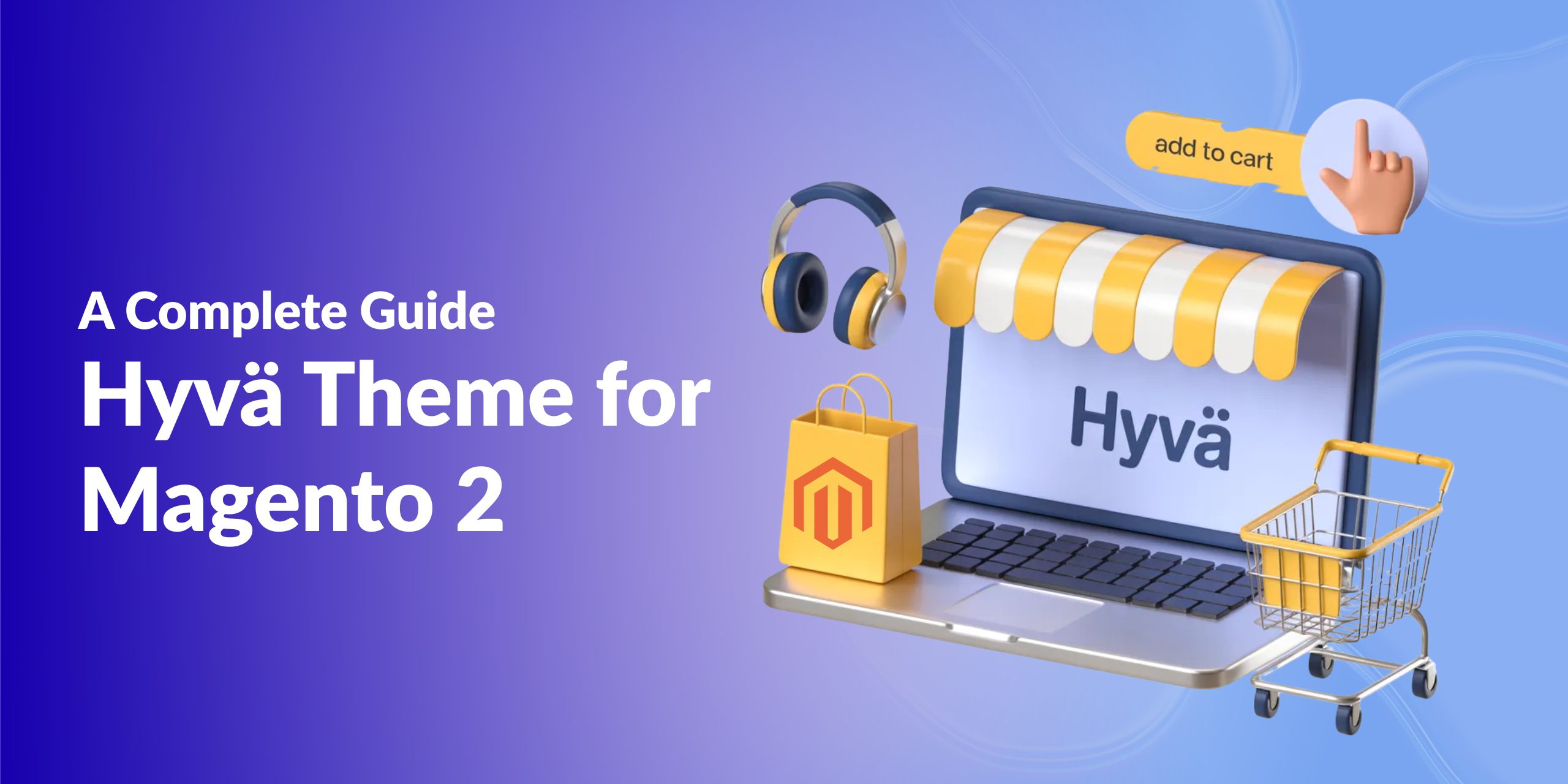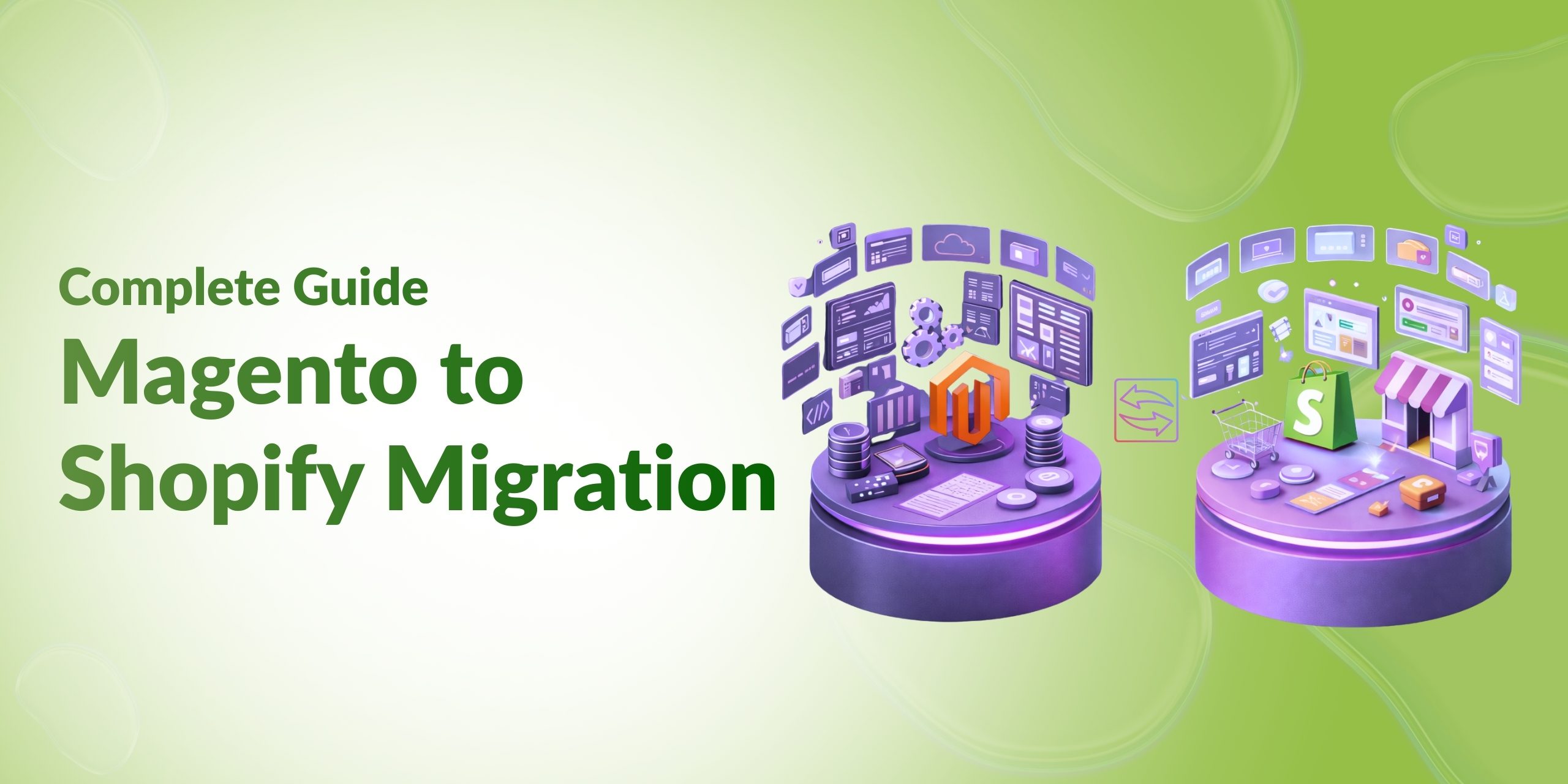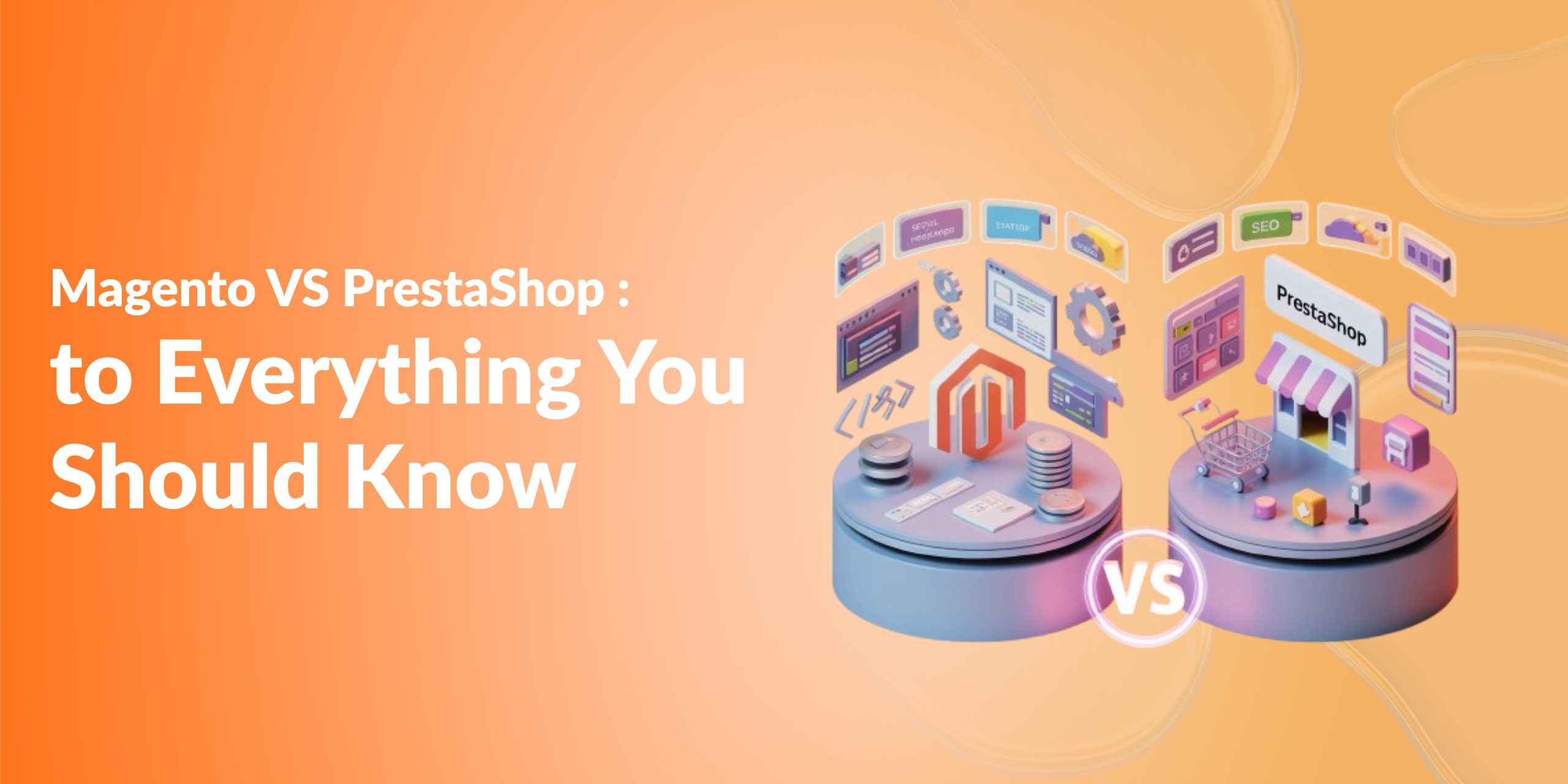E-commerce Marketing Strategies for Magento 2 Stores
In the competitive world of e-commerce, having an effective marketing strategy is essential for success. For businesses using Magento 2 as their platform, it is crucial to leverage the right tools and strategies to drive traffic, increase conversions, and build a strong brand presence. In this blog, we’ll explore e-commerce marketing strategies specifically for Magento 2 stores, with a special focus on how KiwiCommerce can optimise your marketing efforts and boost your store’s performance.
1. Optimise Your Store for Mobile Shopping
With more people shopping on their mobile devices, it is vital to ensure your Magento 2 store is mobile-optimised. KiwiCommerce, an expert in Magento development, can help tailor your e-commerce store to deliver a seamless mobile experience. This includes:
- Responsive Design: Making sure your Magento 2 store adapts to any screen size.
- Faster Load Times: Mobile users tend to abandon slow-loading sites, so speeding up your website is essential.
- User-Friendly Navigation: Ensure that mobile users can easily browse, find products, and make purchases without issues.
By providing a smooth mobile experience, you will significantly improve user engagement, reduce bounce rates, and increase conversions.
2. Leverage Personalisation and Customer Segmentation
Personalisation is a key driver of sales in the e-commerce industry. Magento 2 offers powerful features that allow you to tailor the shopping experience for each customer. Using tools like KiwiCommerce‘s Magento 2 extensions, you can deliver targeted content, product recommendations, and special offers based on user behaviour, preferences, and past purchases.
- Dynamic Content: Show personalised banners, promotions, and product recommendations to each visitor based on their browsing history.
- Customer Segmentation: Group your customers based on factors like purchase history, location, or browsing habits and deliver tailored marketing messages to each segment.
- Email Campaigns: Use customer data to send personalised email campaigns, driving repeat purchases and improving customer retention.
This kind of tailored marketing is proven to increase engagement, customer satisfaction, and, most importantly, conversions.
3. Invest in Search Engine Optimisation (SEO)
SEO is one of the most effective marketing strategies for any online store. Magento 2 has built-in SEO features, but KiwiCommerce can take your SEO efforts a step further. Here’s how to optimise your Magento 2 store for search engines:
- Optimise Product Pages: Ensure product titles, descriptions, and meta tags are fully optimised for relevant keywords.
- Improve Site Speed: Google ranks faster websites higher. KiwiCommerce can help you optimise your site’s speed, improving SEO performance and user experience.
- Structured Data Markup: Implement schema markup for rich snippets, which can improve your visibility in search engine results.
- Mobile Optimisation: Since Google uses mobile-first indexing, optimising your Magento 2 store for mobile can directly improve your SEO rankings.
Effective SEO is about both technical and content improvements. With KiwiCommerce’s expertise, you can ensure your Magento store ranks higher and attracts organic traffic.
4. Use Social Media Marketing to Drive Traffic
Social media marketing plays a crucial role in driving traffic to your Magento 2 store. Creating a strong social media presence and sharing engaging content can help you reach potential customers. Here’s how to integrate social media marketing into your Magento strategy:
- Integrate Social Sharing Buttons: Ensure that your Magento store is equipped with social sharing buttons on product pages and blog posts. This encourages users to share content with their networks, expanding your reach.
- Social Media Ads: Run targeted Facebook, Instagram, and Google ads to reach a broader audience, driving traffic to your store.
- Influencer Partnerships: Collaborate with influencers in your industry to reach a more engaged and targeted audience. Magento 2 allows you to integrate influencer campaigns into your store’s promotional strategies.
Through social media channels, you can engage customers, drive traffic, and increase brand awareness, all of which will positively impact your store’s sales.
5. Leverage Retargeting and Abandoned Cart Campaigns
Not all customers will make a purchase the first time they visit your Magento store. This is where retargeting and abandoned cart campaigns come in. KiwiCommerce can help you set up retargeting ads and automated abandoned cart email campaigns to re-engage visitors who didn’t complete their purchase.
- Retargeting Ads: Using tools like Google AdWords and Facebook Ads, target customers who have previously visited your store but didn’t make a purchase. These ads can bring them back and encourage them to complete their transaction.
- Abandoned Cart Emails: Set up automated emails reminding customers of their abandoned cart, perhaps offering a discount or incentive to complete their purchase.
By re-engaging users through these strategies, you increase your chances of recovering lost sales and boosting overall conversions.
6. Create Engaging Content Marketing
Content marketing is an essential element of any successful e-commerce strategy. Magento 2 stores can leverage blogs, videos, and product guides to attract and engage visitors. With KiwiCommerce’s help, you can integrate a blog into your store and produce high-quality content that is relevant to your audience. Some tips include:
- Educational Content: Write articles or create videos that help your customers understand how to use your products or solve problems related to your industry.
- User-Generated Content: Encourage your customers to leave reviews or share photos of themselves using your products. This content can be showcased on your product pages and social media channels.
- Seasonal Content: Produce content around holidays or special events. For instance, create blog posts or social media content about Christmas gift guides or New Year’s resolutions that feature your products.
Content marketing not only drives organic traffic but also builds brand loyalty and trust.
7. Offer Special Discounts and Promotions
Promotions and discounts are always a great way to encourage purchases, particularly during the holiday season. With Magento 2, it’s easy to set up promotional offers such as:
- Flash Sales: Create time-sensitive offers to encourage customers to purchase immediately.
- Coupon Codes: Offer discount codes to first-time buyers or for specific products.
- Bundle Offers: Create product bundles at a discounted price, enticing customers to buy more.
KiwiCommerce can help create a seamless experience for running these promotions and ensure they are integrated smoothly into your Magento 2 store.
8. Utilise Advanced Analytics and Reporting
Finally, to understand what’s working in your marketing strategy, it’s essential to use advanced analytics and reporting. Magento 2’s native analytics features, combined with KiwiCommerce’s custom reporting tools, will give you valuable insights into your sales performance, customer behaviour, and more.
- Customer Journey Analysis: Track how visitors are navigating through your site to identify areas for improvement.
- Sales and Conversion Metrics: Use data to measure the success of promotions and ads and adjust accordingly.
- Heatmaps: Understand where users are clicking on your website and optimise your store’s layout accordingly.
With detailed reporting, you can make informed decisions and continuously improve your marketing efforts.



